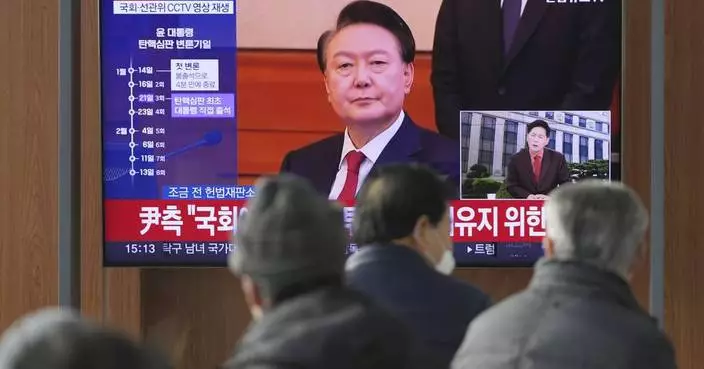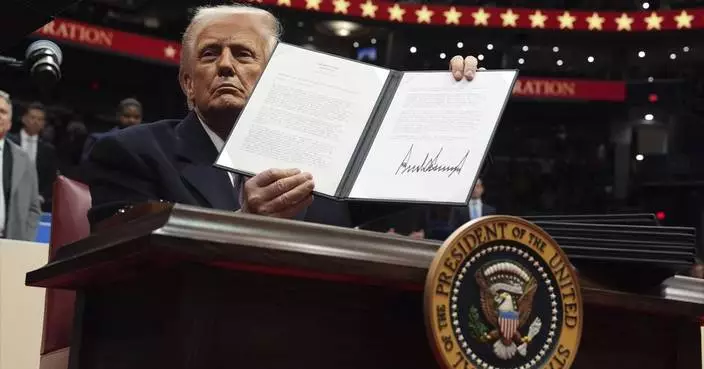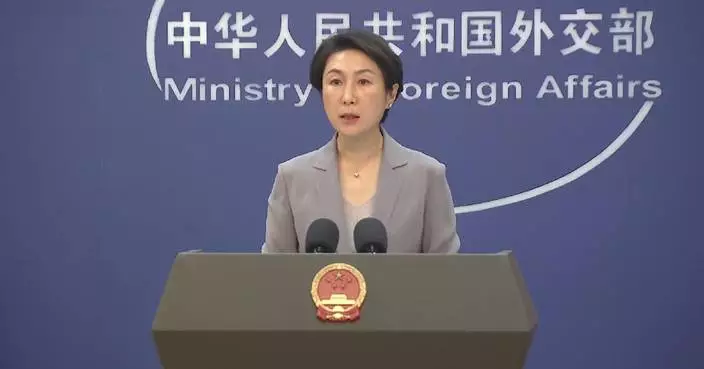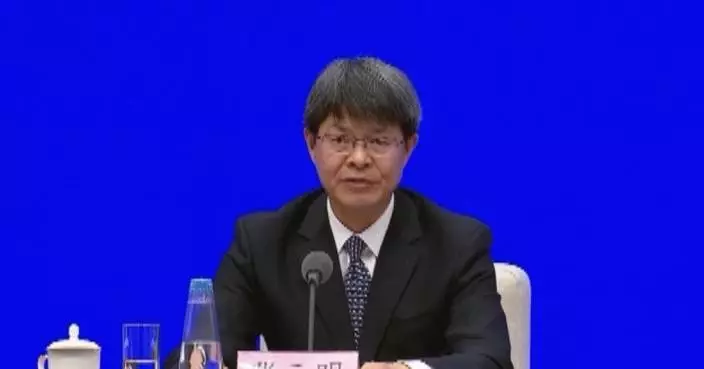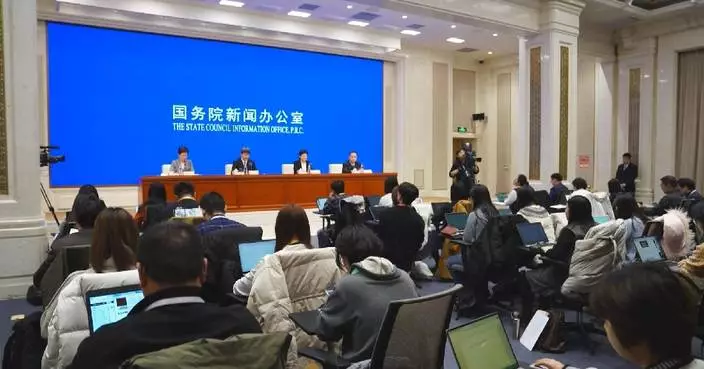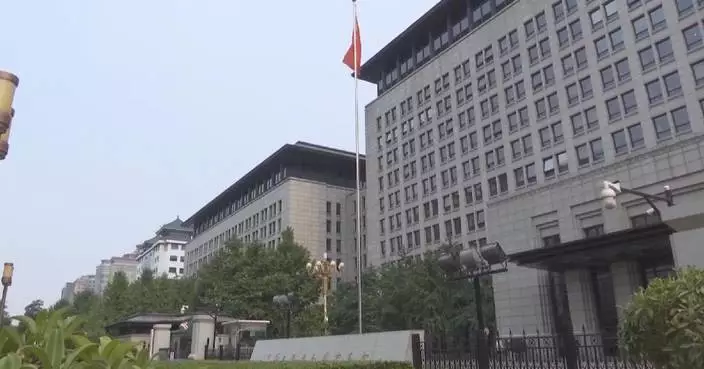GENEVA (AP) — FIFA offered talks with global groups of soccer leagues and player unions to end a three-month deadlock after they threatened legal action over adding to the packed competitions calendar.
In a letter seen by The Associated Press, FIFA told the World Leagues Association and FIFPRO on Thursday “our offer to engage in dialogue remains on the table” amid a swirl of legal filings and threats in international soccer politics.
“FIFA believes there is a more productive way forward for football than the threat of legal action,” soccer’s world body said in a statement to the AP.
In May, the leagues and union said FIFA was “inherently abusive” for continuing to add games and competitions that forced their members to adapt.
FIFA has expanded the 2026 World Cup, hosted across North America, to 48 teams from 32, and added a 32-team Club World Cup that will also be played every four years. It launches next June in the United States.
Also in the coming season, UEFA is expanding its three season-long club competitions with extra teams and more games that squeeze domestic schedules.
The European groups of leagues and player unions also have targeted FIFA — but not UEFA — in a formal legal complaint to Brussels. That is being handled by the European Commission, the executive arm of the 27-nation European Union that can intervene on alleged breaches of competition law.
FIFPRO member unions in England and France also filed suit against FIFA at a commercial court in Brussels, seeking a referral to the European Court of Justice. That court in Luxembourg was critical of FIFA and UEFA last year in a ruling in the Super League case brought by some storied soccer clubs.
FIFA manages the calendar of international matches, which mandates when clubs must release players to national-team duty through 2030. The global groups of leagues and unions want talks on it reopened with them getting a greater say.
On Thursday, FIFA said it “serves and balances the overall interests of world football, including the protection of players.”
FIFPRO did not immediately respond to a request for comment.
AP soccer: https://apnews.com/hub/soccer

Real Madrid midfielder Luka Modrić, left, and Milan forward Luka Jović greet each other on the sidelines during the second half of a friendly soccer match Wednesday, July 31, 2024, in Chicago. (AP Photo/Erin Hooley)

Arsenal forward Gabriel Jesus, right, celebrates after a goal during the first half of an international friendly soccer match against Manchester United, Saturday, July 27, 2024, in Inglewood, Calif. (AP Photo/Eric Thayer)

FIFA President Gianni Infantino addresses the audience during the Sport for Sustainable Development Summit at the Paris Olympic games, Thursday, July 25 2024 at the Carrousel du Louvre in Paris, France. (Andre Pain, Pool via AP)










